Are you curious about how to make composting in the classroom fun and accessible for your students? Not to worry! We’re about to make the whole process extra easy for you. Whether you’re teaching about decomposition, sustainability, or a host of other topics, setting up a classroom compost bin for the kids in your class is a prime hands-on learning experience that’s good for the planet.
The teachers on the Teach Starter team have put together instructions to make composting for kids fun and educational in your classroom, plus some helpful information about how teachers can get free compost bins for your school!
What Are the Benefits of Composting in School?
According to waste audits across Western Australian schools, up to 89% of school waste could be diverted from landfill and recycled. With so much potential, it’s time to set up classroom recycling if you haven’t already.
Composting our food waste, in general, can do myriad things for the environment, from reducing the amount of trash that ends up in our landfills to improving water quality. But composting in schools teaches kids to be good stewards of the Earth while also providing real-life lessons on biology, chemistry and physics.
Setting Up Composting For Kids
Get a compost bin
To start things off, you’ll need a compost bin for your students (and you) to fill with scraps that can be turned into compost. If this composting project will remain in the classroom rather than being set up somewhere outside on school grounds, a simple plastic tote will do the trick, or you can check out this list of popular composters for use inside.

Add holes
Although your bin should keep your waste nice and dark to break things down, ventilation is key! If you opted for a plastic tote rather than a bin specifically created for composting, you’ll need to drill holes around the top of your bin to allow for airflow.
Perform a lunchbox audit
To help start composting for kids in your classroom, a lunchbox audit puts food waste issues into a real-life context. Using these helpful lunchbox audit worksheets, your kids can collate the food waste they’re creating, graph the data, and create an action plan for reducing their food waste.
Register your school’s program
Clean Up Australia Day has a school recycling program, ‘Recykool,’ which you can register for at any time. The program helps students and teachers better understand how waste can be managed at school to work towards a cleaner and greener future.
Decide if you want to vermicompost
You can keep things simple with basic food waste and other organic materials from the classroom that will decompose, or you can add an extra fun component for the kids — earthworms! Called vermicomposting, using worms to break down materials offers your students additional hands-on learning … if they’ll touch the worms, that is!
What Can We Compost At School?
The best part of composting for kids is the learning experience, but this is probably our second favourite part: So much food waste can be plucked out of the trash stream and put into the classroom recycling bin!
Some biodegradable items you can recycle in your classroom include:
- Fruit and veggie leftovers like orange peels and apple cores
- Shredded paper (staples should be removed first)
- Coffee grounds and filters
- Tea bags (again, staples should be removed)
- Dry cereal
Post one of these compost/trash/recycle posters where kids can see them, so they know what to throw in the compost bin, what to recycle, and what can go in the garbage can!
How to Pay for Your Classroom Composting Project
Composting is a relatively inexpensive project, but it’s also an important one. That’s why there are some funding sources out there for teachers.
- Australian teachers can apply for funding and grants through the Australian Government’s recycling initiatives.
- Teachers Australia-wide can apply for Woolworths Junior Landcare Grants to boost their school recycling and composting efforts.
Banner image via shutterstock/light field studios






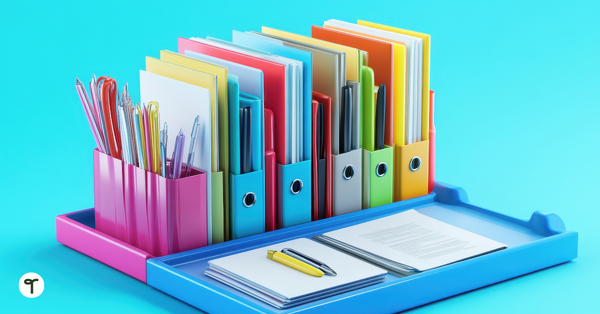

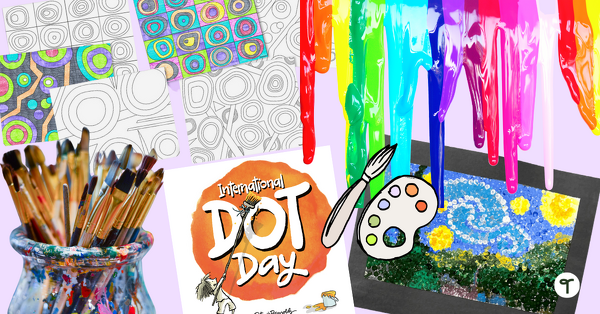
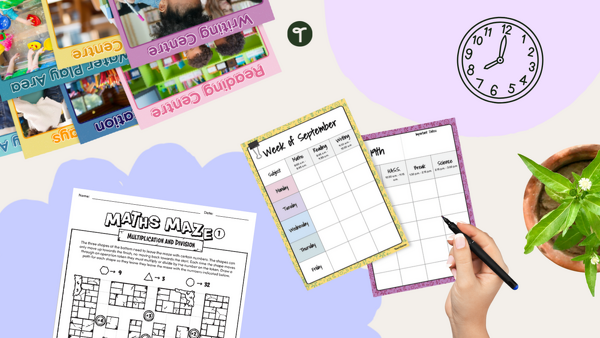
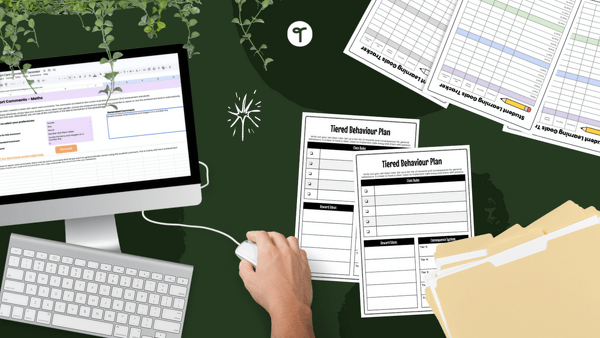
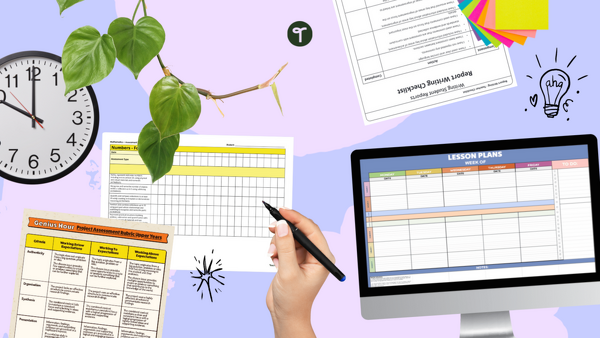
As part of this composting unit I'd love a professionally designed infographic about what to feed worms - I've found some online, but they tend to be very wordy and often not in 'kidspeak'. A poster that shows the best food for worms, what to feed in moderation and what NOT to feed would be great - I'm sure yours would look better than anything I can knock up! Thanks for your time Doug Klaffer
Hi Doug, thanks for your comment. That's a great idea. Feel free to put in a request for this poster - https://www.teachstarter.com/request-a-resource/.